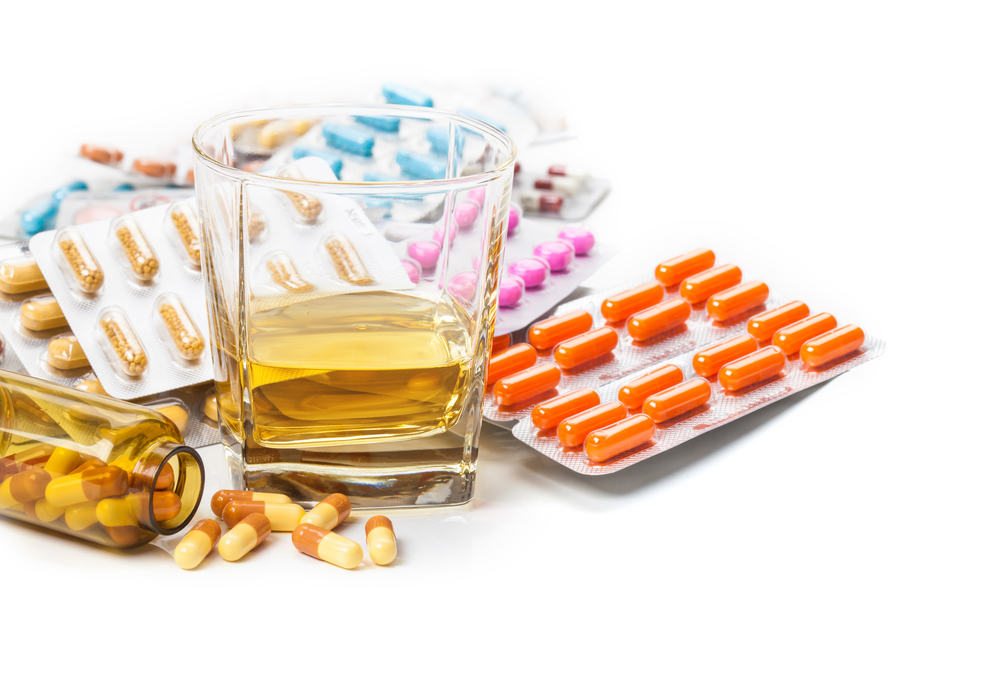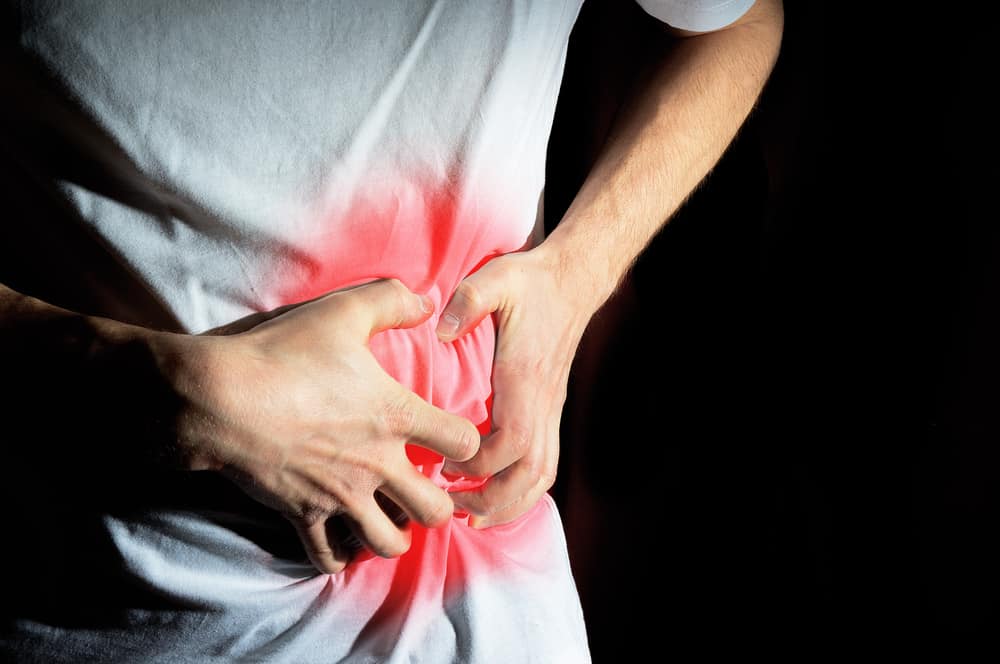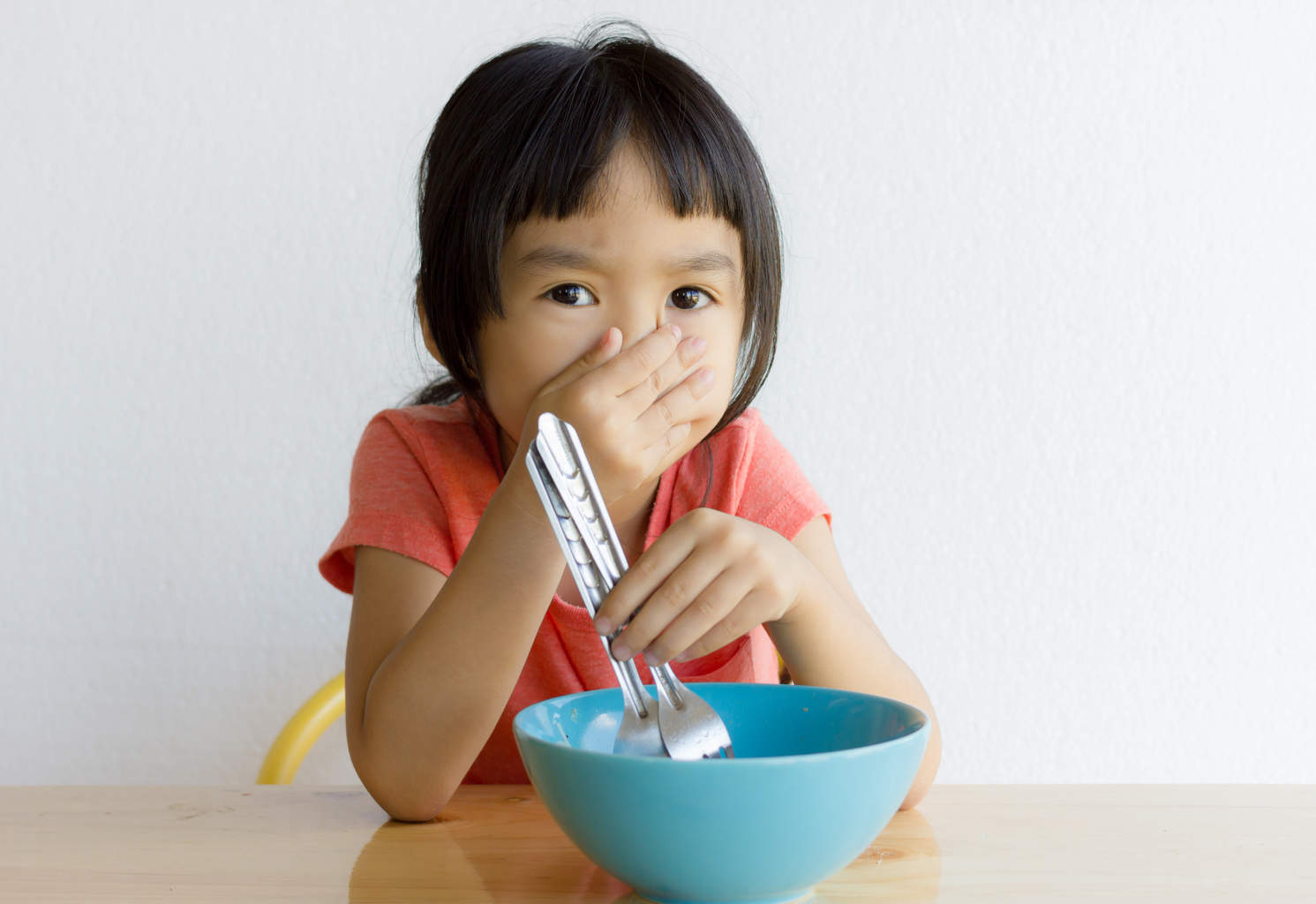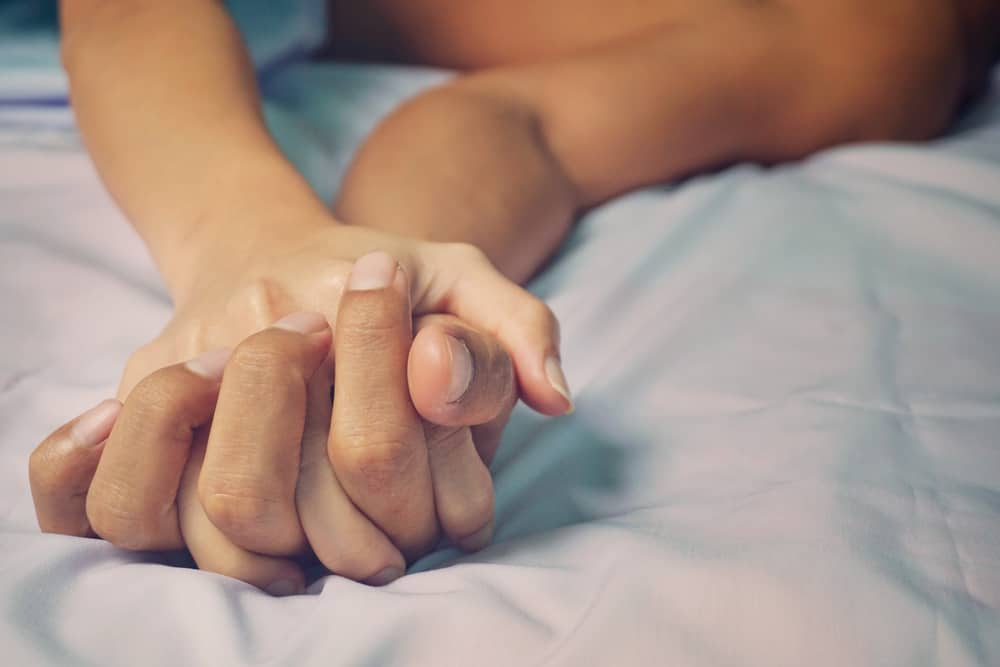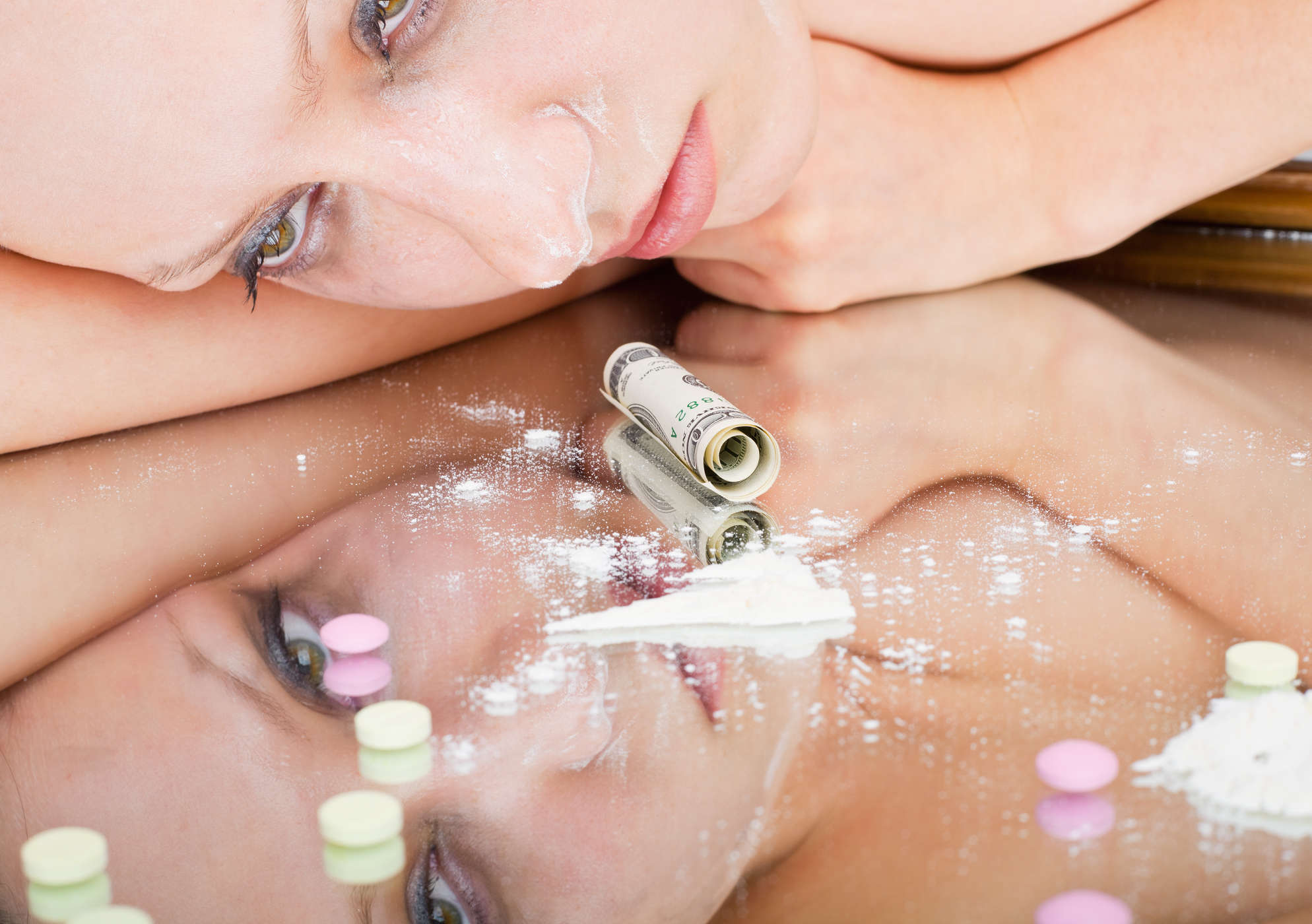Contents:
- Medical Video: How Dangerous is Mixing Antibiotics & Alcohol? Debunked
- Drugs that should not be taken with alcohol
- Side effects of consuming alcohol after taking medication
- Allergy medicine
- Cold and cough medicine
- Painkillers
- Febrifuge
- Medicine for arthritis
- Medication for coronary heart disease
- Antibiotics
- Risk of complications of consuming alcohol after taking medication
Medical Video: How Dangerous is Mixing Antibiotics & Alcohol? Debunked
For some people, drinking liquor or containing alcohol has become a habit. As a result, the habit is difficult to let go of and is still done even when sick and taking good drugs prescribed by a doctor or purchased at a pharmacy. If you notice, some drugs include warnings on the package or product brochure so you avoid consuming alcohol while you are still taking the medicine. Apparently, this warning is serious because if you underestimate it, consuming alcohol while you are still on treatment can be fatal.
Drugs that should not be taken with alcohol
Basically alcoholic beverages like beer, wine, or whiskey should not be consumed when you are seeking treatment, for example in coughing, flu, allergies, or headaches. The medicines you consume will react with alcohol content and produce a harmful effect on the body. In addition, your body will increasingly have difficulty healing and recovering from the disease you are currently fighting. Even on certain types of drugs, alcohol can reduce the efficacy of the medication you are taking.
Medicines that may not be taken together with alcohol include flu medicines, pain relievers, febrifuge, digestive medicine, arthritis drugs, and coronary heart disease drugs. There are many more types of over-the-counter drugs and antibiotics which, when consumed with alcohol, can cause harmful effects. You should immediately ask the health worker or read in the brochure whether the medication you are taking is safe for consumption together with alcohol.
Side effects of consuming alcohol after taking medication
Alcohol can make you feel sleepy and weak. So, drinking alcohol after taking medication can further enhance this effect. You will have difficulty concentrating and thinking clearly. As a result, activities that require your vigilance such as making decisions or driving a motorized vehicle are very difficult even almost impossible. In addition, some drugs can react specifically if mixed with alcoholic beverages. Pay attention to the following side effects.
Allergy medicine
Eating alcoholic beverages after taking allergy medication will weaken the work of your central nervous system. You will become weak, sleepy, and dizzy. You are also more at risk of experiencing an overdose.
Cold and cough medicine
Avoid alcoholic drinks when you are undergoing treatment for flu and cough. Similar to allergy medications, you will also feel weak, dizzy, and dizzy when consuming alcohol after taking cold and cough medicine.
Painkillers
If you take medication to relieve headaches, nerves, muscles, or joints, do not consume alcohol until you have completely stopped treatment. Side effects are injuries to the stomach, severe heart palpitations, bleeding, convulsions, shortness of breath, and loss of your motor function.
Febrifuge
Eating alcohol after taking febrifuge such as paracetamol will cause dangerous side effects such as abdominal pain, bloating, and heart palpitations. You will also be at increased risk of overdose.
Medicine for arthritis
Be careful if you have arthritis and you are on medication. Drinking alcohol after a drug can make you dizzy, have dizziness, and injury and bleeding to the stomach. In some cases, especially alcoholics, you may also experience liver damage.
Medication for coronary heart disease
For those of you who have coronary heart disease and are taking medication, do not consume alcoholic drinks because it can increase the risk of changes in blood pressure, headaches, palpitations, and loss of consciousness or fainting.
Antibiotics
Some antibiotics such as amoxicillin, tinidazole, and metronidazole can have very dangerous effects if taken together with alcoholic beverages. The side effects of each antibiotic are different but generally consuming alcoholic beverages after taking antibiotics can cause nausea and vomiting, diarrhea, headaches, and heart palpitations.
Risk of complications of consuming alcohol after taking medication
In addition to the side effects that have been mentioned, consuming alcohol after taking medication also increases the risk of complications that are harmful to your health in the long run. The following are complications that might occur as a result of consuming alcohol after taking medication.
- Liver damage
- Heart problems
- Internal bleeding (internal bleeding)
- Hard to breathe
- Depression
READ ALSO:
- A Guide to Safe Drinking Medication When Pregnant
- 6 Surprising Benefits Behind Alcohol and Liquor
- Effects of Cigarettes, Alcohol, and Drugs As Stroke Triggers

